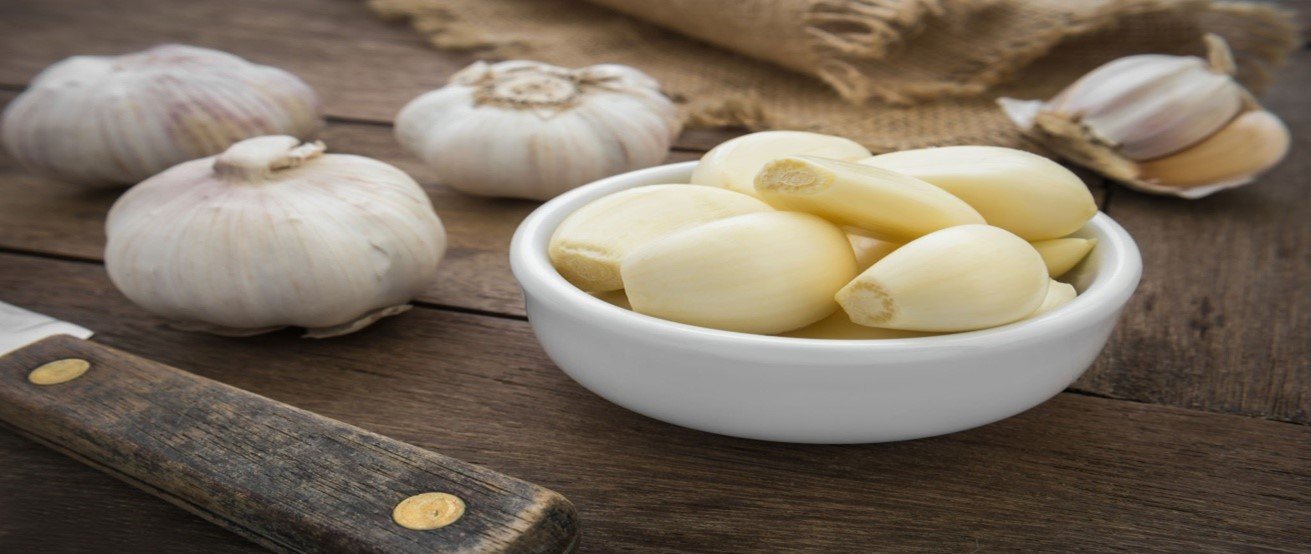





Root canal treatment is a common dental procedure performed to save a severely infected or damaged tooth. During this procedure, the infected pulp within the tooth's root canal is removed, and the canal is cleaned, shaped, and filled with a medicated material to prevent reinfection. Traditionally, synthetic medicaments have been used for this purpose. However, in recent years, there has been a growing interest in the use of herbal root canal medicaments due to their potential therapeutic benefits and natural origin. In this blog, we will explore different herbal root canal medicaments and their potential advantages over synthetic alternatives.
The Benefits of Herbal Root Canal Medicaments:
· Natural Antimicrobial Properties: Many herbs possess inherent antimicrobial properties, which can help combat the bacteria responsible for tooth infections. Examples of herbs with notable antimicrobial activity include neem, clove, myrrh, and turmeric. These natural compounds can aid in eliminating or suppressing the growth of bacteria within the root canal system, reducing the risk of reinfection.
· Anti-inflammatory Effects: Inflammation is a common feature of infected root canals. Herbal medicaments such as chamomile, aloe vera, and calendula contain anti-inflammatory compounds that can help alleviate inflammation and promote healing in the affected area. By addressing inflammation, herbal medicaments can contribute to the overall success of the root canal treatment.
· Analgesic Properties: Tooth pain is a distressing symptom often associated with infected root canals. Herbal root canal medicaments, such as clove oil, have natural analgesic properties that can provide temporary relief from pain. These herbal compounds work by numbing the affected area, reducing discomfort, and improving the patient's overall experience during the root canal procedure.
· Biocompatibility: Herbal root canal medicaments are derived from natural sources and are generally well-tolerated by the human body. Unlike some synthetic medicaments, herbal alternatives are less likely to cause adverse reactions or allergies. This biocompatibility is advantageous for patients with sensitivities or allergies to certain synthetic substances.
· Potential Tissue Regenerative Effects: Some herbal extracts have shown promising regenerative properties, promoting the growth of new tissues within the root canal. This feature is particularly exciting as it may aid in the healing process and potentially enhance the long-term success of the root canal treatment.
Examples of Herbal Root Canal Medicaments:
· Neem (Azadirachta indica): Neem has been used in traditional medicine for centuries due to its antibacterial properties. Its active compounds, such as azadirachtin, nimbin, and gedunin, possess potent antimicrobial effects, making neem an attractive choice for root canal disinfection.
· Turmeric (Curcuma longa): Turmeric contains a compound called curcumin, which exhibits antimicrobial, anti-inflammatory, and antioxidant properties. Its use as a root canal medicament can help combat infection, reduce inflammation, and promote healing.
· Garlic (Allium sativum): Garlic has long been recognized for its antimicrobial activity against various pathogens. Its active compound, allicin, has been studied for its potential in root canal disinfection and inhibition of bacterial growth.
· Cinnamon (Cinnamomum verum): Cinnamon possesses antimicrobial properties due to its essential oils, including cinnamaldehyde. Incorporating cinnamon extracts or essential oils into root canal medicaments may contribute to effective bacterial control.
· Eucalyptus (Eucalyptus globulus): Eucalyptus essential oil contains cineole, which has antimicrobial properties. Its use in root canal medicaments can help combat bacteria and promote a sterile environment.
· Clove (Syzygium aromaticum): Clove oil contains eugenol, a natural compound known for its analgesic and antimicrobial properties. Eugenol can help alleviate pain and fight bacteria within the root canal, making clove oil a valuable herbal medicament in endodontic therapy.
· Propolis: Derived from bees, propolis is a resinous substance rich in antioxidants and antimicrobial compounds. Its use as a root canal medicament has gained attention due to its ability to inhibit bacterial growth and promote tissue healing.
· Myrrh (Commiphora myrrha): Myrrh has a long history of medicinal use and is known for its antimicrobial, anti-inflammatory, and analgesic properties. Its inclusion in root canal medicaments can aid in fighting infection and reducing discomfort.
Conclusion:
Herbal root canal medicaments offer a natural and potentially beneficial alternative to synthetic materials commonly used in endodontic therapy. With their antimicrobial, anti-inflammatory, and analgesic effects, herbal root canal medicaments have the potential to enhance the success and patient experience of root canal treatments.
It's important to note that while herbal root canal medicaments show promise, they should not be used as a standalone treatment. They are most effective when used in conjunction with standard endodontic protocols and under the guidance of a trained dental professional.


No Any Replies to “Harnessing the Power of Nature: Herbal Root Canal Medicaments”
Leave a Reply